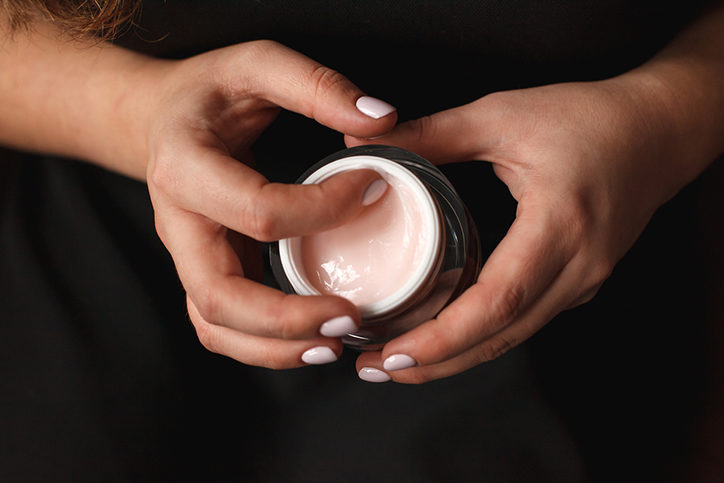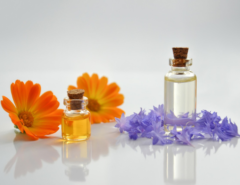Skin lightening products often say they’ll give you lighter, clearer skin and reduce the appearance of dark spots on your face, like acne scars or freckles. They’re also marketed as skin brightening, skin bleaching, or skin whitening products. They frequently come in facial cream form but may also be sold as soaps and powders. However, many skin lightening products contain dangerous ingredients that can actually harm the health of your skin and cause serious, long-term health problems. Below we will look at skin lightening creams and learn more about how to look after your skin’s health!
How can skin lightening products be dangerous?
Some skin lightening products contain the harmful ingredients hydroquinone and/or mercury. Hydroquinone and mercury both stop your skin from making melanin, which is the pigment that gives your skin its color. However, using either of these ingredients, especially for a long period of time, can lead to serious health problems.
Why is mercury in skin products dangerous?
Some skin lightening products contain mercury. Mercury is a very dangerous heavy metal that is known to have serious side effects, such as permanent damage to your nerves, brain, kidneys, digestive system, and many other systems in your body. Mercury can also lead to serious skin rashes and permanent gray/brown discoloration of skin. Young children are especially sensitive to mercury. There is no safe level of mercury exposure on the skin. Never use any skincare products that contain mercury.
Why is hydroquinone in skin products dangerous?
Using hydroquinone for too long can lead to facial irritation, redness, rashes, severe skin dryness, and permanent gray/blue discoloration of the face.
In the United States, you need a prescription to use hydroquinone, but hydroquinone-containing products are still often improperly sold over-the-counter. They’re also very easy to buy from the internet, from stores selling imported goods, or from international travel. However, even though it’s easy to find and buy these products, hydroquinone should never be used without a prescription from your health care provider. If you are using hydroquinone, it’s important to take frequent breaks between applications to make sure you don’t experience serious side effects. For more information about hydroquinone, please contact your health care provider.
How can I make sure my skin products don’t contain mercury or hydroquinone?
Fortunately, there are some simple steps you can take to make sure you’re using safe skincare products! First, always make sure to check the label before you buy or use any skincare product. Don’t buy any products that contain mercury or hydroquinone in the ingredients list. Sometimes, mercury can be listed in the ingredients under a different name. If a product says it contains calomel, mercurous chloride, mercuric chloride, mercuric, corrosive sublimate, mercurio, or Hg, that means it has mercury in it. You should never use a product that has any of these ingredients.
Sometimes, skin lightening products are improperly labeled and don’t say they contain mercury, even when they do. The Food and Drug Administration (FDA) has given the following recommendations to help you avoid unsafe skincare products:
- In general, try to avoid skin products that claim to have skin brightening, skin evening, skin whitening, or spot correcting properties. If you want to treat dark spots on your skin, please talk to a health care provider first about what products are safe to use.
- Always check the label of any skincare products carefully.
- Avoid skincare products that don’t have any labels, or skincare products that have labels that are handmade or in a different language.
What should I do if I have a bad reaction to a skin lightening product?
Please contact your health care provider or your local Poison Center (1-800-222-1222) as soon as possible to get medical advice. You can also report any reactions to the FDA by calling 1-800-FDA-1088.
Nabila Ali, BS
Medical Student and Master of Public Health Student
Johns Hopkins University





Leave a Reply